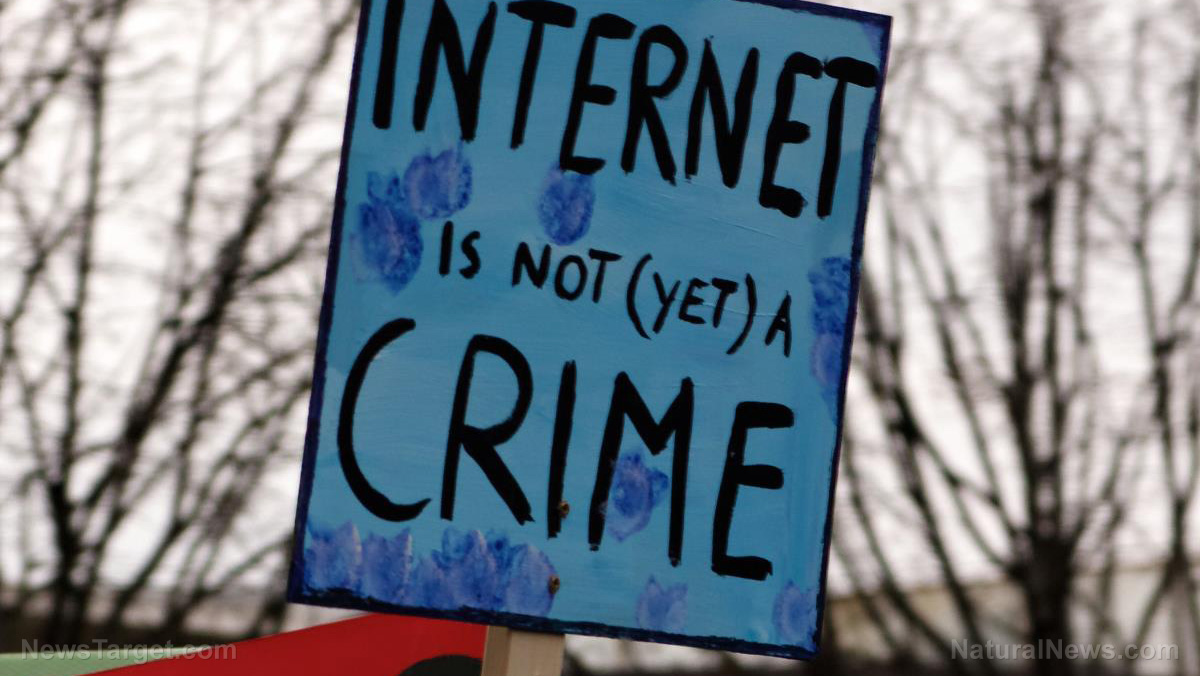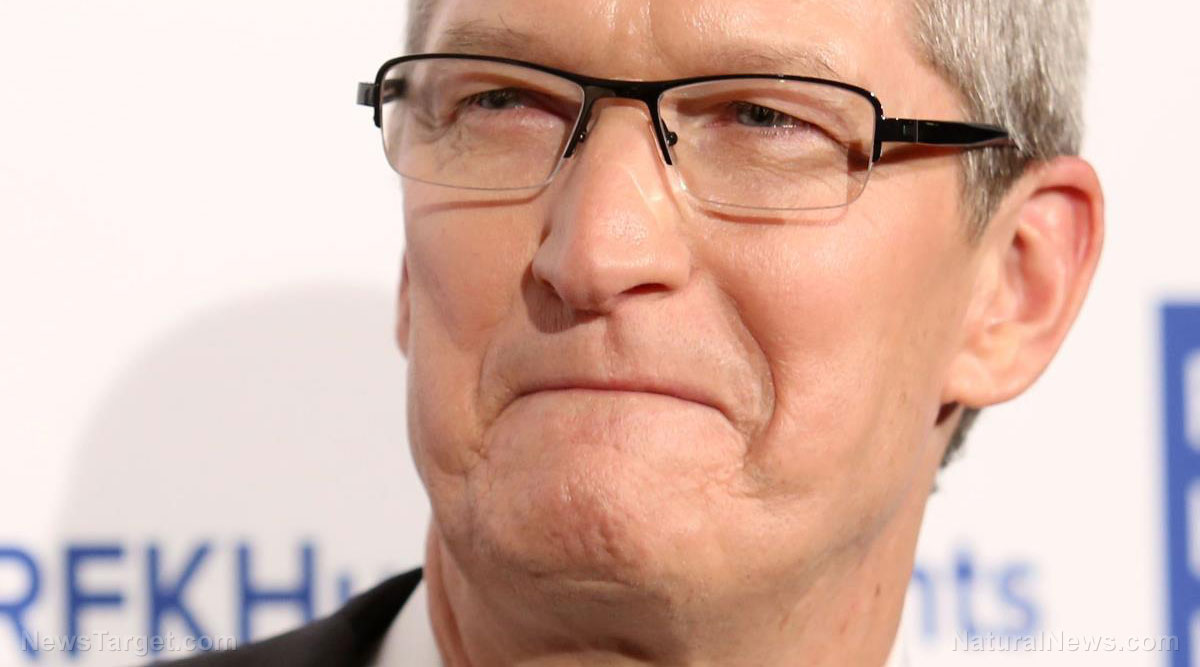China’s Ministry of Industry and Information Technology announced the new rules on Sunday, as reported by the South China Morning Post. Calling it a “clean-up” of the country’s internet connections, the Ministry said the new rules would go live immediately and be in place until March 31st, 2018.
VPNs are already subject to government scrutiny and interference in China. The most recent, large-scale crackdown on VPNs happened in March 2016, during the National People’s Congress meeting in Beijing, SCMP says.
As The Washington Post points out, China’s new VPN and cable regulations are purposefully vague. It’s unclear how the government will implement or enforce these rules, but the language in the announcement suggests Chinese officials are taking aim at companies who provide VPN services to individual citizens, rather than professionals working for multinational corporations in the country.
Last week, in stark contrast to the Ministry’s new VPN rules, Chinese leader Xi Jinping defended the tenets of globalization at the World Economic Forum in Davos, Switzerland.
“We must redouble efforts to develop global connectivity to enable all countries to achieve inter-connected growth and share prosperity. … Pursuing protectionism is like locking oneself in a dark room. While wind and rain may be kept outside, that dark room will also block light and air,” he said.
China isn’t the only country that censors internet access: Authorities in Egypt, Russia, Cuba, Bahrain, Turkey, Vietnam and other nations also routinely interrupt connections, particularly during times of political strife. In July, the United Nations Human Rights Council condemned the state-sponsored disruption of internet access and upheld online privacy as an essential facet of freedom of expression.
Read more at: Engadget.com




















